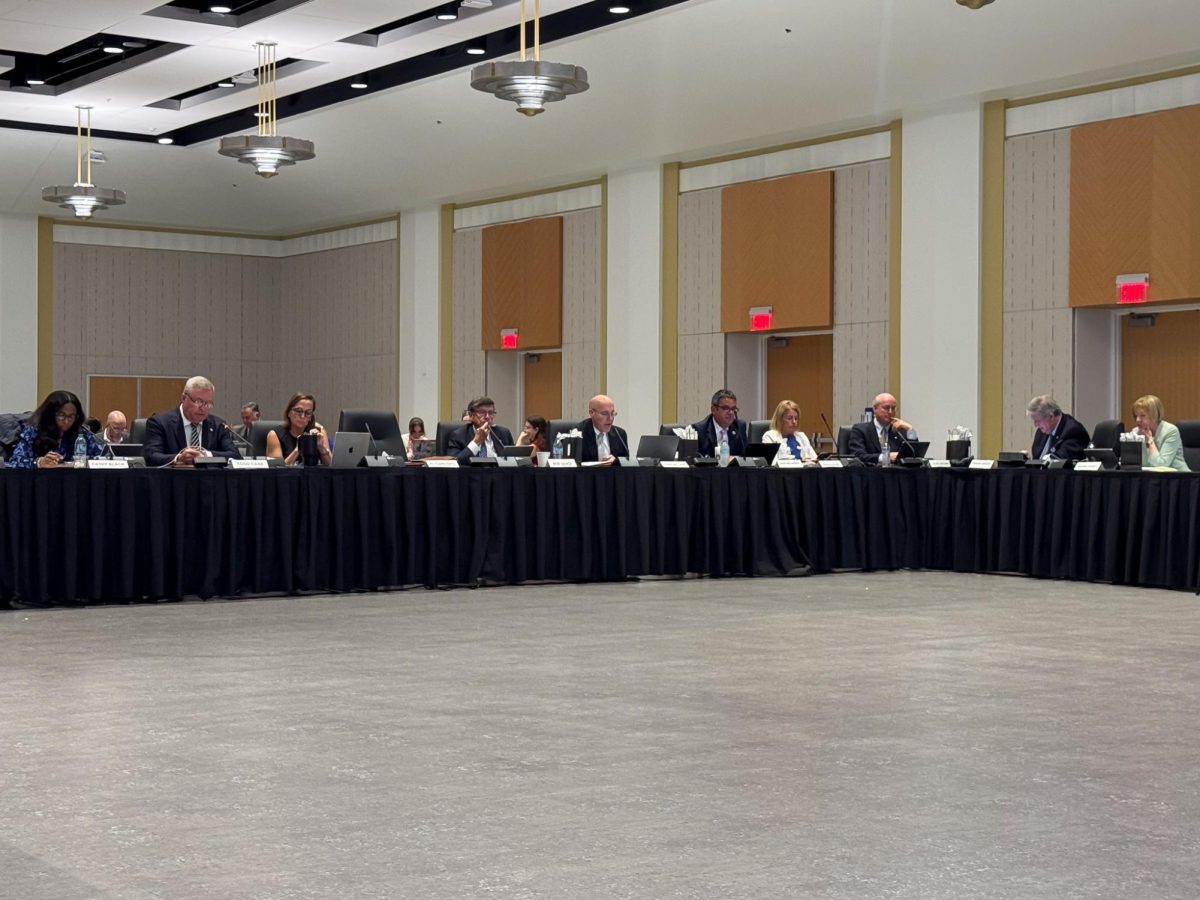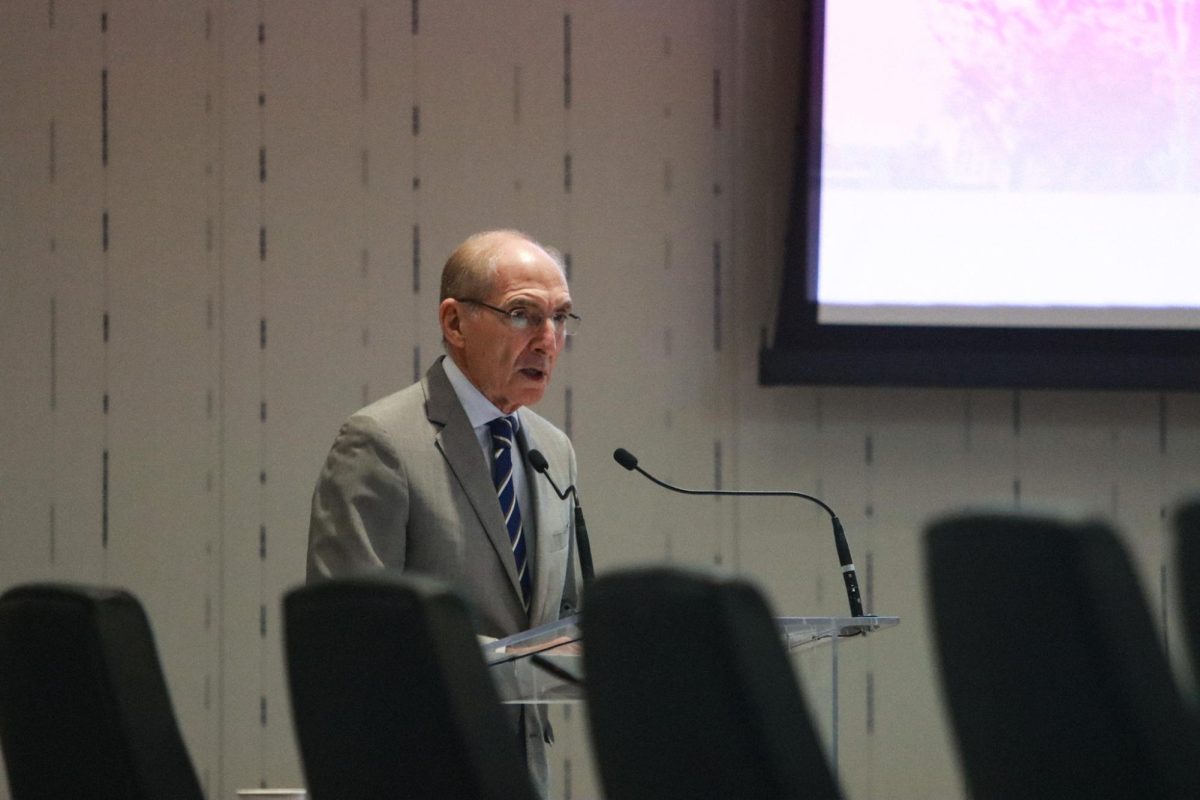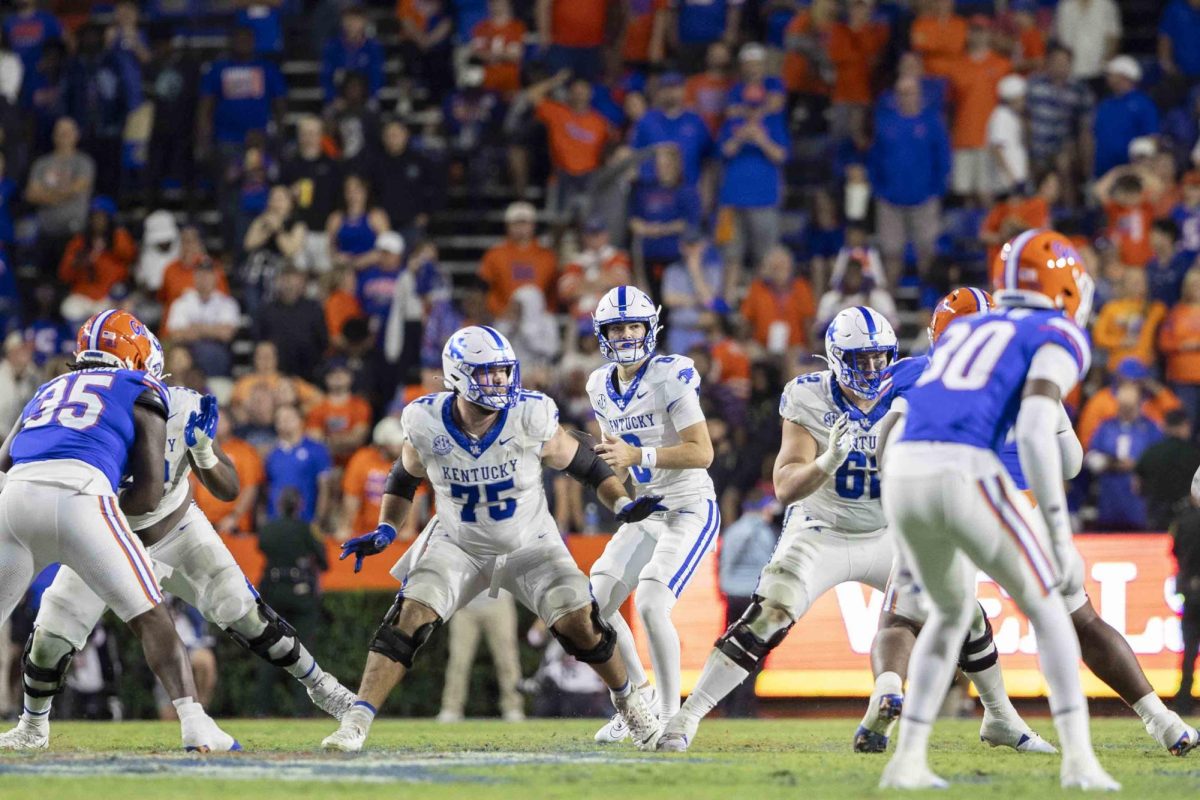College athletics took a step back earlier this week with the news surrounding UNLV starting quarterback Matthew Sluka enacting his redshirt year and forfeiting the rest of the season.
In a statement released to his Twitter early Wednesday morning, Sluka announced his decision to redshirt, saying, “I committed to play at UNLV based on certain representations that were made to me, which were not upheld after I enrolled.”
Essentially, what this means is that he committed to UNLV based on NIL incentives and, when those fell through, he decided to sit out the remainder of the year.
In the same statement, he went on to say, “Despite discussions, it became clear that these commitments would not be fulfilled in the future.”
Pete Thamel reported that Sluka’s NIL agency told ESPN he was promised $100,000 from an assistant coach that was not paid, thus leading to the redshirt.
The UNLV NIL collective would later state that no such deals had been made, but regardless, the fact remained that Sluka had left the team.
This event has now set a dangerous precedent for all of college sports and that is players simply quitting midseason if the money is not right.
The beauty of college sports used to be that it was a band of teammates all clawing for the same dreams of going pro, but now it’s a group of people referred to as a “team” hunting for the highest paycheck.
With the rise of NIL and the immediate transfer portal, we’ve seen the world of college sports turned on its head and this is yet another domino that has fallen.
College sports are now a business, not a sport.
Every single season in the NFL we see players sitting out due to contract disputes. Look no further than this season when Dallas Cowboys wide receiver CeeDee Lamb or Bengals wide receiver Ja’Marr Chase, who still remains without an extension, both held out.
These same disputes have now entered the college game. Allowing the players to maintain eligibility and hop in the transfer portal while doing this gives them no reason not to do exactly what Sluka did.
For the longest time, there was a distinct difference between college and pro sports, but the line continues to get blurred every single day, which is taking away from what makes college sports great.
It’s no longer about playing for the pride of a prestigious program or a great coach to make yourself a better player, the money has now become what comes first and it’s a shame to watch unfold.
Looking deeper into teams themselves, it is now going to become harder than ever for middle-of-the-pack schools to land any good recruits because they simply will not be able to match the best NIL packages.
Essentially, this is going to create a college sports monopoly where players go to a small handful of teams while saying good luck to everyone else. Not to mention fans are likely to see players go to random schools they have no connection to just because they threw a check at them.
While college sports have always been a business to an extent and players should be entitled to NIL benefits, it’s gotten out of hand way too quickly, leading to players like Sluka finding loopholes in the system.
Simply put, a player should not be allowed to begin playing a season for a program, then leave the program high and dry when they realize the money is not there, especially in a messy situation where it might have never been promised in the first place.
This entire situation is a prime example of how college athletics is now about oneself and no longer about being a team and it’s time for the NCAA to come in and set some regulations when it comes to NIL to try and reign in the “wild, wild west” that college athletics have become.
Regulations will allow the opportunity to bring back some of what makes college sports special, which is teams being built on the lineage and legacy of a coach or program, not a paycheck.
Until that happens, college football is not much more than the NFL, just with a worse talent pool of players and far more teams with zero chance at reaching glory.
































































































































































